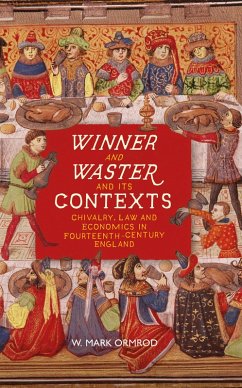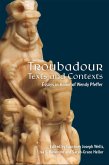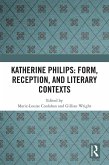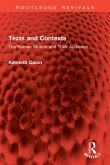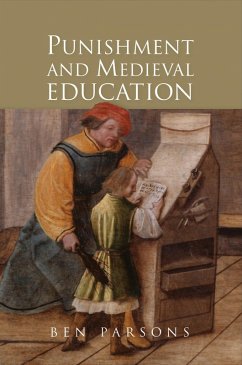First recent full-length analysis of a major medieval poem.
The late fourteenth-century English poem Winner and Waster narrates a debate between the forces of avarice (Winner) and generosity (Waster); it ranges widely over a number of major issues in the political life of England during Edward III's reign.
This book sets out to re-date the poem from the 1350s to the 1360s, and in so doing to question whether its principal message really revolves (as so much earlier scholarship has insisted) around the state of public order and the costs of warfare in the 1350s. Instead, it proposes that the poem echoes debates about Edward III's ability to maintain concord between the members of his household, to manage the extravagance in clothing that prompted the sumptuary laws of 1363, and to run his peace-time finances of the 1360s in such a way as to guarantee the solvency of the crown. Drawing extensively on the records of parliament and on contemporary chronicles, this volume sets Winner and Waster within the wider context of other complaint literature of the fourteenth century, and characterizes it as one of the most politically - and socially - engaged works of the period.
The late fourteenth-century English poem Winner and Waster narrates a debate between the forces of avarice (Winner) and generosity (Waster); it ranges widely over a number of major issues in the political life of England during Edward III's reign.
This book sets out to re-date the poem from the 1350s to the 1360s, and in so doing to question whether its principal message really revolves (as so much earlier scholarship has insisted) around the state of public order and the costs of warfare in the 1350s. Instead, it proposes that the poem echoes debates about Edward III's ability to maintain concord between the members of his household, to manage the extravagance in clothing that prompted the sumptuary laws of 1363, and to run his peace-time finances of the 1360s in such a way as to guarantee the solvency of the crown. Drawing extensively on the records of parliament and on contemporary chronicles, this volume sets Winner and Waster within the wider context of other complaint literature of the fourteenth century, and characterizes it as one of the most politically - and socially - engaged works of the period.
Dieser Download kann aus rechtlichen Gründen nur mit Rechnungsadresse in A, D ausgeliefert werden.

